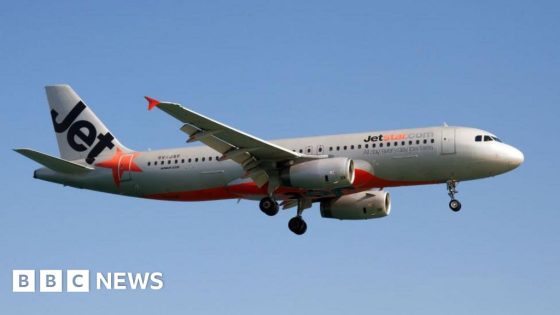In a significant shift within the aviation industry, Singapore-based budget airline Jetstar Asia will cease operations at the end of July, as announced by its parent company, Qantas. This closure highlights the challenges facing low-cost carriers globally, particularly in the Asia-Pacific region.
- Jetstar Asia to close by end of July.
- Rising costs and competition affected operations.
- Qantas reallocates A$500m for fleet renewal.
- 13 planes redeployed in Australia and New Zealand.
- Jetstar Asia's closure won't affect other Jetstar operations.
- Expected A$35m loss this financial year.
Jetstar Asia has struggled with rising supplier costs, high airport fees, and stiff competition, ultimately leading to an expected A$35 million loss this financial year. Qantas aims to utilize the closure to invest A$500 million ($325.9 million) into renewing its fleet, with plans to redeploy 13 aircraft across Australia and New Zealand.
Despite this setback, Qantas reassured that its Australia-based Jetstar Airways and Jetstar Japan operations will remain unaffected. The announcement, made on 2025-06-11 05:07:00, raises questions about the future of budget airlines in a competitive market.
This development prompts a deeper examination of the budget airline model in various regions. How will other low-cost carriers adapt to similar pressures? The following points highlight global perspectives:
- Increased operational costs are forcing budget airlines to rethink their pricing strategies.
- Competition from traditional carriers is intensifying, particularly in Asia-Pacific markets.
- Investments in fleet renewal may become essential for survival in a post-pandemic world.
- Consumer preferences may shift as travelers seek reliability over low fares.
As the aviation landscape evolves, stakeholders must remain vigilant. Will budget airlines adapt effectively, or will we see more closures in the future? The coming months will be crucial in shaping the industry’s trajectory.

































